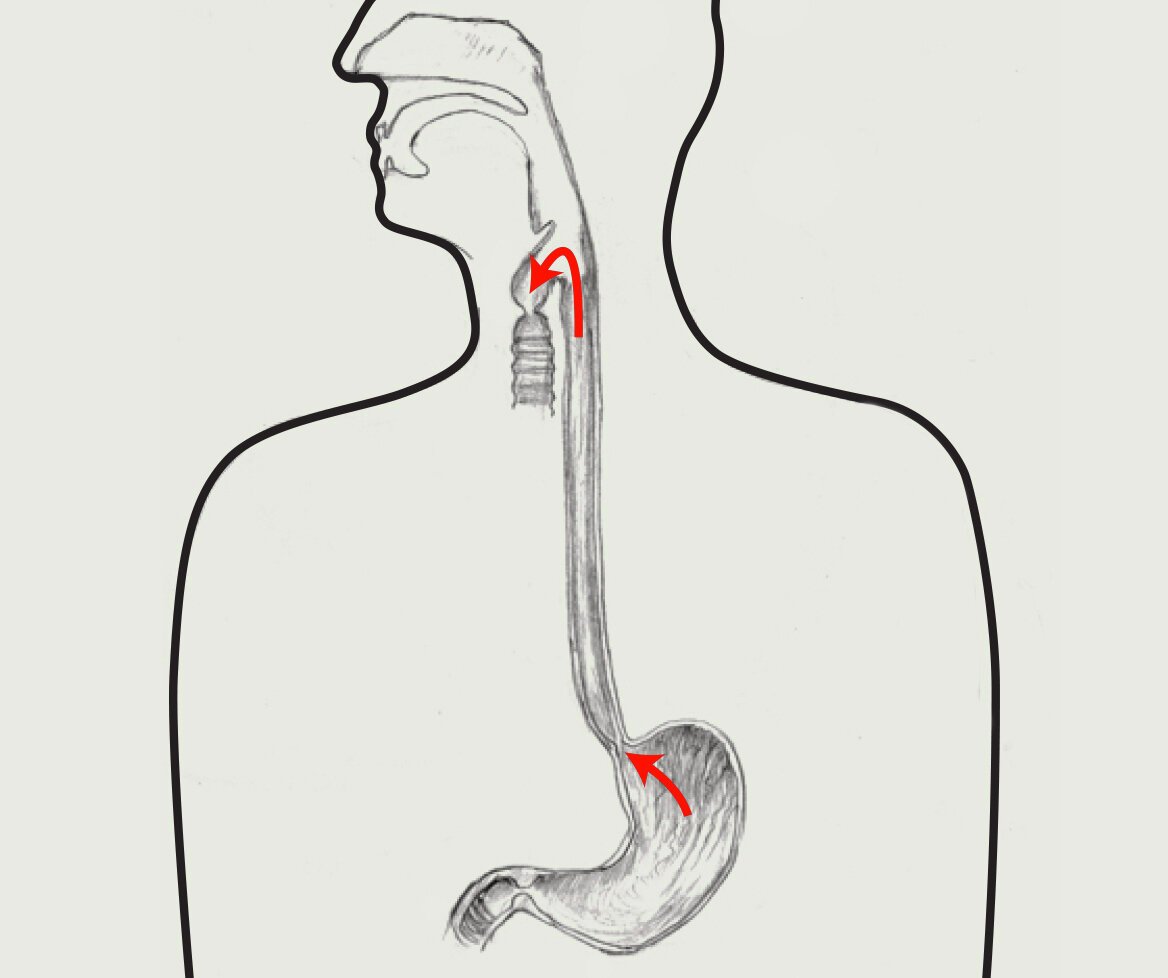Laryngopharyngeal reflux (LPR) can be a challenging condition, especially when pepsin, a digestive enzyme, contributes to symptoms. Pepsin’s role in LPR extends beyond the effects of stomach acid, making it essential to address this enzyme specifically. This article provides insights into managing pepsin lpr through practical tips and effective treatments.
Understanding Pepsin’s Role in LPR
Pepsin is an enzyme produced in the stomach that helps digest proteins. It becomes active in the acidic environment of the stomach and continues its work as long as it remains in that environment.
How Pepsin Affects LPR
Enzyme Activation: Pepsin is secreted as pepsinogen, which is activated into pepsin by stomach acid. This enzyme’s primary role is to break down dietary proteins into smaller peptides.
Contribution to LPR Symptoms: When reflux occurs, pepsin can travel from the stomach up into the esophagus and throat. Unlike stomach acid, pepsin is stable in a less acidic environment, meaning it can persist in the throat, continuing to irritate and inflame tissues.
Tips for Managing Pepsin-Related LPR
Effective management of pepsin-related LPR involves a combination of lifestyle changes, dietary adjustments, and targeted treatments. Here are some actionable tips to help alleviate symptoms:
1. Dietary Adjustments
Avoid Acidic and Spicy Foods: Foods that increase stomach acid or irritate the throat should be minimized. Common culprits include citrus fruits, tomatoes, and spicy dishes.
Opt for Gentle Foods: Incorporate bland, non-acidic foods into your diet. Examples include oatmeal, bananas, and green vegetables, which are less likely to exacerbate reflux symptoms.
Eat Smaller, Frequent Meals: Large meals can increase stomach pressure and promote reflux. Eating smaller, more frequent meals can help reduce this pressure and limit reflux episodes.
2. Lifestyle Changes
Elevate the Head of Your Bed: Sleeping with the head of the bed elevated can help prevent reflux during the night. This position keeps stomach contents from rising into the esophagus and throat.
Avoid Late-Night Eating: Refrain from eating at least 2-3 hours before bedtime. This allows time for digestion and reduces the likelihood of reflux while lying down.
Maintain a Healthy Weight: Excess weight can increase abdominal pressure and contribute to reflux. A balanced diet and regular exercise can help manage weight and reduce symptoms.
3. Medical Treatments
Proton Pump Inhibitors (PPIs): These medications decrease stomach acid production, which can reduce the amount of pepsin that reaches the throat. Consult with a healthcare provider to determine if PPIs are appropriate for your condition.
H2-Receptor Antagonists: These drugs also lower stomach acid levels and can help alleviate symptoms associated with pepsin LPR.
Alginate-Based Products: Alginate-based therapies create a barrier on top of stomach contents, reducing the risk of reflux and minimizing the impact of pepsin. These products can provide relief by preventing pepsin from reaching the throat.
4. Protective Measures
Hydrate Frequently: Drinking water helps wash away pepsin from the throat and can provide temporary relief from irritation.
Gargle with Alkaline Solutions: Gargling with solutions like salt water or baking soda mixed with water may help neutralize pepsin and soothe throat irritation.
Seeking Professional Guidance
If pepsin-related LPR symptoms persist despite following these tips, consulting with a healthcare provider is crucial. A professional can offer personalized treatment options, perform diagnostic tests if necessary, and provide guidance tailored to your specific needs.
Conclusion
Pepsin plays a significant role in laryngopharyngeal reflux (LPR), contributing to throat irritation and discomfort. By understanding how pepsin affects LPR and implementing strategies such as dietary adjustments, lifestyle changes, medical treatments, and protective measures, individuals can effectively manage their symptoms. For the best outcomes, seek advice from healthcare professionals to address pepsin-related LPR and improve overall well-being.



